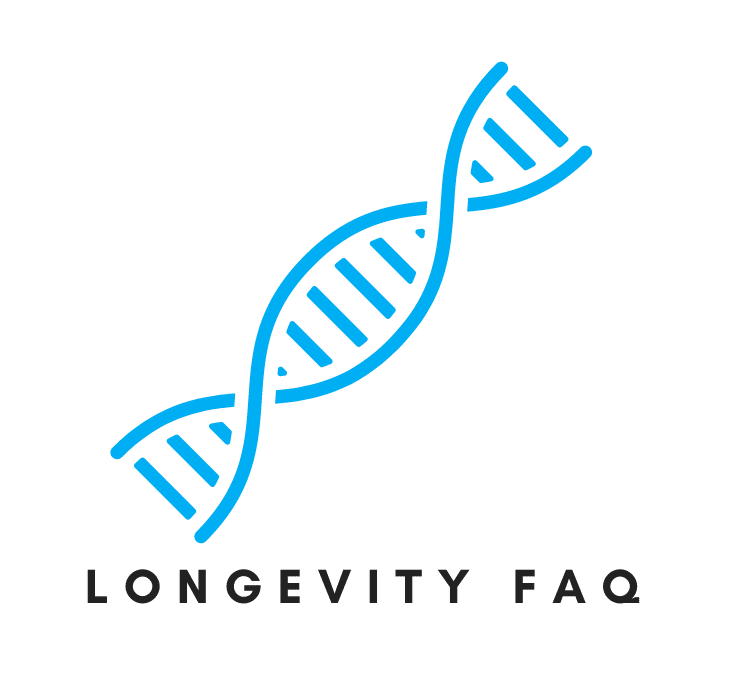
The Therapeutic Goods Administration (TGA) is Australia’s regulatory authority for pharmaceuticals, medical devices, and other health-related products. It’s currently part of Australia’s Department of Health and Age Care and was established in 1989. The concept of the TGA was conceived to ensure the safety, quality, and efficacy of therapeutic goods available to the Australian public.
The TGA was formed to provide a comprehensive framework for regulating therapeutic goods in Australia. It aims to protect public health by ensuring these goods are safe, effective, and high-quality. The TGA also monitors and enforces compliance with relevant laws and regulations.
The TGA is responsible for regulating a wide range of therapeutic goods, including prescription medicines, over-the-counter medicines, complementary medicines, biologicals, and medical devices. This encompasses many products, such as pharmaceutical drugs, vitamins and supplements, herbal remedies, vaccines, blood products, and implantable devices. The TGA also oversees these goods’ manufacturing, importation, and supply within Australia. However, the TGA does not regulate certain products, such as general consumer goods, food, and cosmetics, as these products fall under the jurisdiction of other regulatory bodies. For instance, food products are regulated by Food Standards Australia New Zealand (FSANZ), while cosmetics are overseen by the National Industrial Chemicals Notification and Assessment Scheme (NICNAS).
The below video I found is the best I could find on YouTube that outlines the role of the TGA.
Some of the fundamental laws that the TGA is responsible for enforcing include the following:
- Therapeutic Goods Act 1989
- Therapeutic Goods Regulations 1990
- Therapeutic Goods (Medical Devices) Regulations 2002
- Therapeutic Goods (Charges) Act 1989
The TGA works closely with various organizations and companies, such as:
- Pharmaceutical companies
- Medical device manufacturers
- Research organizations
- Healthcare providers
- Consumer advocacy groups
The TGA collaborates with equivalent organizations in other countries, including:
- U.S. Food and Drug Administration (FDA)
- European Medicines Agency (EMA)
- U.K. Medicines and Healthcare Products Regulatory Agency (MHRA)
- Health Canada
- New Zealand Medicines and Medical Devices Safety Authority (MEDSAFE)
- Japan Pharmaceuticals and Medical Devices Agency (PMDA)
These collaborations involve sharing information, conducting joint inspections, and harmonizing regulatory standards to ensure the safety and efficacy of therapeutic goods globally.
Over the years, the TGA has faced opposition from various groups, including companies, organizations, NGOs, and famous individuals. Some of these instances include:
- Disagreements over the approval process for new drugs or medical devices
- Criticisms of the TGA’s regulatory standards, alleging they are either too stringent or too lenient
- Concerns about the potential influence of pharmaceutical companies on TGA decisions
- Public figures advocating for alternative treatments that may not have TGA approval
